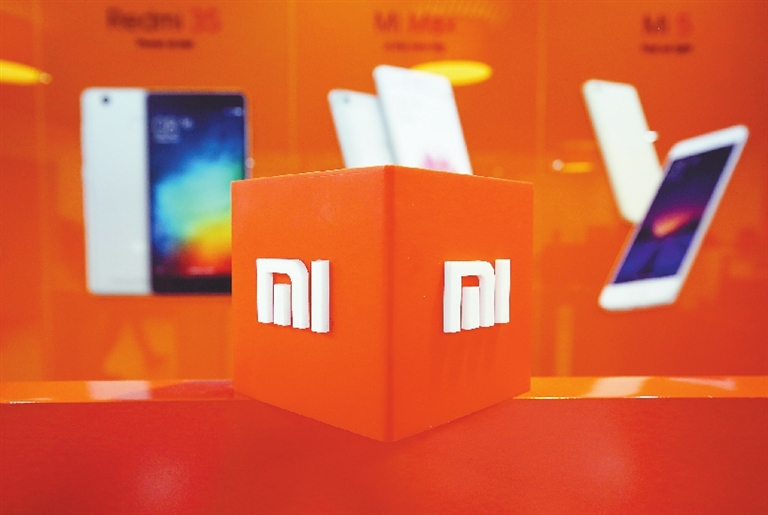
XIAOMI Corp. has taken a stake of roughly 6 percent in chip designer VeriSilicon Holdings Co., as the smartphone maker revamps its years-long pursuit of success in semiconductors which it sees as central to driving innovation. The investment comes as China identifies chips as one of several sectors in which it wants the country to become more self-reliant under its “Made in China 2025” initiative. VeriSilicon’s biggest external shareholder is the China Integrated Circuit Industry Investment Fund, a centralized, national-level fund for the domestic semiconductor industry, popularly known as “The Big Fund.” The firm is headquartered in Shanghai and has research and development centers at home and in the United States. It typically works as a contractor to other chip companies, helping them complete additional parts of semiconductor design. Xiaomi grew rapidly since releasing its first smartphone at the beginning of the decade, becoming the fourth-biggest seller worldwide in the first quarter of this year, showed latest data from researcher IDC. However, it has had less success in chips. The company launched a semiconductor division in 2014 and three years later announced its first system-on-a-chip, the Surge S1. The chip featured in Xiaomi’s Mi 5 smartphone but was not rolled out more widely. After that, there were no major chip announcements until April when an internal memo stated that Xiaomi would spin off part of its chip division into a subsidiary called Big Fish focused on making chips for internet-of-things devices. Xiaomi is not alone in its chip ambitions. Huawei’s chipmaking HiSilicon subsidiary makes Kirin processors for its own smartphones, which experts said are roughly competitive with top-of-the-line chips from U.S. leader Qualcomm Inc. In the broader tech sphere, e-commerce major Alibaba Group Holding Ltd. last year bought Chinese chipmaker C-Sky. Its chief technology officer later said the firm will unveil its first artificial intelligence chip in the second half of 2019. Adding impetus to such initiatives is a trade war with the United States involving import tariffs imposed on technology goods and services, while a U.S. ban on supplying Chinese telecom equipment maker Huawei Technologies Co. due to national security concerns has also disrupted the industry. (SD-Agencies) | 
